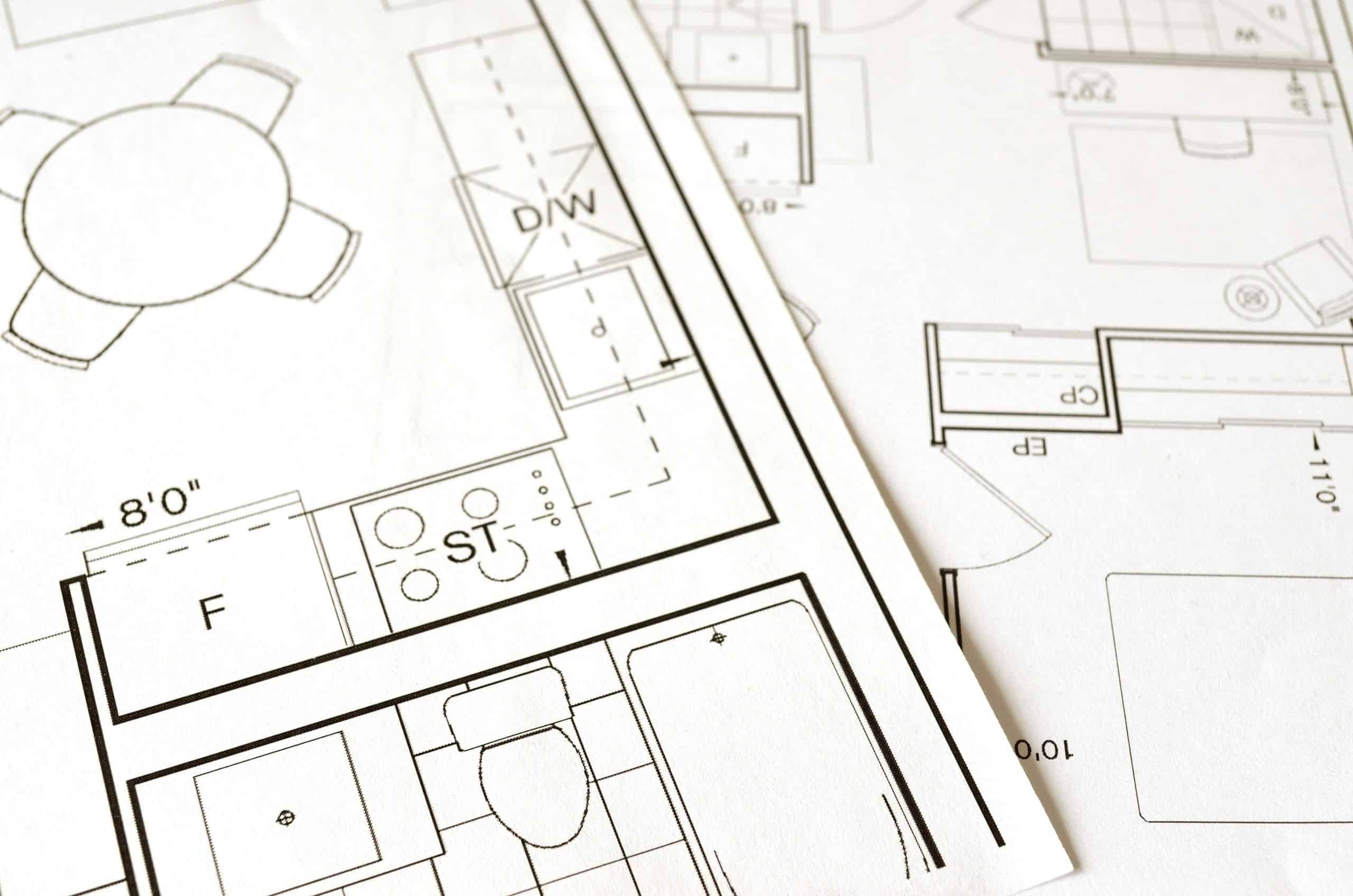Modular construction, a transformative and innovative approach to building, has rapidly gained traction in the UK housing market. This approach involves the production of homes or parts in a factory setting, transported and assembled on-site. Offering a unique combination of affordability, speed, and environmental sustainability, modular housing is changing the face of the UK’s construction industry.
The Rise of the Modular Housing Sector in the UK
The UK housing market has faced persistent challenges in the past, including skyrocketing prices, lack of affordable housing options, and lengthy construction times. Modular housing brings a breath of fresh air to this beleaguered industry, offering solutions to these persistent issues.
Avez-vous vu cela : How to Analyze the Impact of Local Crime Rates on Residential Property Values?
According to a recent market report, the modular construction sector in the UK is experiencing a significant surge. The increased adoption of Modern Methods of Construction (MMC), of which modular building is a key component, is a testament to this growth. The UK government’s push to build more homes faster and the drive towards sustainability have also fuelled this rapid expansion.
An In-Depth Analysis of Modular Housing’s Impact on the Housing Industry
To fully comprehend the extent of modular construction’s influence on the UK housing market, we must delve into the specifics. A comprehensive study of the sector’s impact reveals three main areas: time efficiency, affordability, and environmental sustainability.
Sujet a lire : How to Implement Cost-Effective Building Automation Systems in Residential Developments?
Time Efficiency
Modular construction significantly reduces building time. Unlike traditional methods, house parts are made in factories simultaneously, then transported to the site for assembly. This approach cuts out weather-related delays and maximises efficiency.
According to a recent review, modular homes can be built up to 50% quicker than traditional ones. This speed offers a potential solution to the UK’s housing shortage. More homes can be built in less time, thereby meeting the demand more effectively.
Affordability
Another critical area where modular housing is making a significant impact is affordability. Due to the controlled environment and streamlined process, waste minimisation and cost-efficiency are considerably improved.
The decreased construction time also indirectly contributes to affordability. A shorter building period translates to reduced labour costs, lower interest on construction loans, and quicker returns on investment. These savings can be passed on to the buyer, making modular homes a more affordable option.
Environmental Sustainability
Finally, modular construction offers a more environmentally friendly approach to building. The factory-controlled process results in fewer site disturbances, less waste, and better air quality during construction. Modular homes also tend to have better insulation and energy efficiency, leading to lower energy costs for the homeowner and less environmental impact.
The Future of Modular Housing in the UK: An Overview
Given the benefits that modular construction brings to the table, its future in the UK housing market looks promising. The sector is poised for significant growth, with industry forecasts projecting a 6% increase in the UK’s modular construction market by 2026.
However, despite the promising outlook, it’s essential to recognise the challenges that lie ahead. Acceptance of this new building method can be slow, and regulatory hurdles could slow down adoption rates. Additionally, the reliance on factories for construction might result in regional disparities in housing availability.
Observations and Planning for the Future of Modular Construction
As the UK construction industry continues to embrace modular housing, it is essential to consider the potential implications and plan for the future. Industry participants and regulators must work hand in hand to address potential challenges and pave the way for the continued growth of the sector.
The UK government should also consider policy incentives to encourage the adoption of modular construction methods. This could include financial incentives for builders and developers, training programs for construction workers, and public awareness campaigns to educate people about the benefits of modular homes.
In summary, modular construction is making waves in the UK housing market, offering solutions to persistent challenges while setting the stage for a more sustainable future.
The Influence of Modular Construction on Social Housing
A remarkable area where modular construction is making a noticeable impact is social housing. The social housing sector in the United Kingdom has been grappling with longstanding issues, including the lack of sufficient homes, escalating costs, and aging properties. Modular homes, with their quick build times and cost-effective nature, present an attractive solution to these problems.
The factory-based production of modular homes allows for a high degree of quality control and a faster construction process, resulting in quicker delivery of housing units. As a result, modular construction can help meet the demand for social homes, alleviating the country’s housing crisis.
Financially, the cost-effective nature of modular homes also benefits the social housing sector. The reduced construction time decreases labour costs and interest on construction loans, making it a more affordable option. Additionally, the superior insulation and energy efficiency of modular homes lead to lower running costs, making them a cost-effective choice for social housing providers and their tenants.
On the environmental front, the offsite construction process involved in modular homes results in fewer site disturbances, less waste, and better air quality. This aligns with the increasing emphasis on environmental sustainability in the UK’s social housing policies.
The Role of Digital Technology in Modular Construction
The integration of digital technologies in modular construction plays a significant role in the sector’s growth. Technology and construction have always had a synergistic relationship, and this is vividly seen in the prefabrication of modular homes.
In a modular building process, digital technologies ensure precision, speed, and quality control. For instance, Building Information Modelling (BIM) systems allow for precise planning and design, ensuring that all components fit together seamlessly when assembled on-site.
Further, computer-aided design and manufacturing techniques contribute to the accurate and efficient production of modules, reducing errors and waste. Additionally, digital technologies aid in quality control by enabling constant monitoring of the manufacturing process, further enhancing the speed and reliability of modular construction.
Moreover, digital platforms facilitate seamless collaboration between different stakeholders in the construction process, improving efficiency and communication. With these advancements, the potential for modular housing in the UK’s housing market continues to expand.
Conclusion
The introduction of modular construction into the UK’s housing market has been transformative. By addressing critical issues such as affordability, construction speed, and environmental sustainability, modular housing presents a promising solution to the country’s housing crisis.
The benefits of modular homes are evident in the social housing sector, where the need for affordable, high-quality housing is paramount. Moreover, the integration of digital technologies in the construction process has enhanced the efficiency and precision of modular building, paving the way for further growth in the sector.
However, challenges, including slow acceptance and regulatory hurdles, need to be addressed to ensure the continued growth of the sector. The active involvement of industry participants, regulators, and the government is necessary to overcome these challenges and sustain the momentum of this positive shift in the UK’s construction industry.
In conclusion, modular housing is not just a temporary trend but rather a sustainable solution to the UK’s housing issues. By capitalising on this innovative construction method, the United Kingdom stands a better chance of overcoming its housing challenges and paving the way for a more sustainable future.



